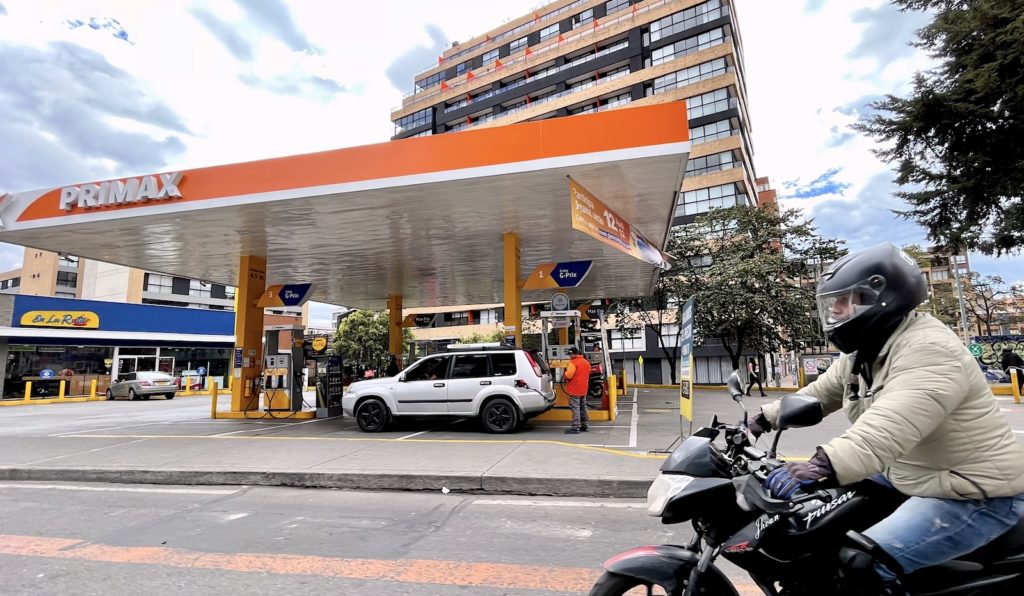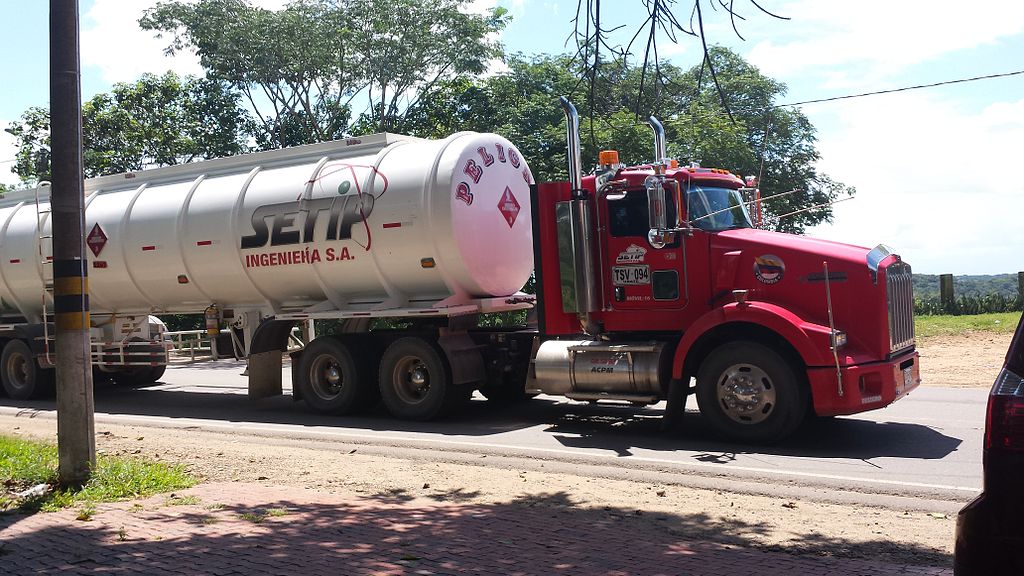
In an interview with FM, the Minister of Finance, Ricardo Bonilla, announced that in the short term, there will be no more price increases in gasoline in Colombia. Bonilla confirmed that this fuel has already reached the international price and that, from now on, it will be governed according to the value of crude oil in international markets. Since the arrival of the government of President Gustavo Petro, in August 2022, Colombia decided to stop subsidizing gasoline due to the high costs it implied for the country and to leave it at real market values. To this end, increases were programmed that began in October 2022 and concluded in January of this year.
In September 2022, the average value of a gallon of gasoline was 9,264 pesos and is now at 15,164 pesos, the increase has been remarkable, at 63%. The last adjustment programmed by the state was noted this January: 600 pesos more than last year’s value. With this latest increase, the average cost of a gallon of gasoline in Colombia is now in line with international prices.
As for diesel, the government finally decided to postpone the increases that had been announced for this fuel, so the price of a gallon remains, on average, at 9,065 Colombian pesos.
Ending gasoline subsidies
Despite it being a very unpopular measure, the Colombian government’s decision was firm from the beginning: to end the gasoline subsidy. This subsidy was created in 1998, when the Pastrana government decided to start subsidizing 5% of the real price of gasoline. It was not until 2007 that the Fuel Price Stabilization Fund (FEPC) was born, whose mission was to cushion the variations in the international value of oil, so that it would not be transferred directly to consumers.
The idea was to keep the price of fuels paid by users frozen. Originally, the Fund would save when prices were low and finance the price when crude was high, so it would function autonomously. It has tended to be in deficit – in other words, it owes more money than it takes in. Although savings began in 2009 and continued for more than ten years, the amounts were much smaller. The situation changed in 2020, when the escalation of international fuel prices increased the Colombian State’s expenditure when it was forced to assume the increases that were not passed on to the final price at gasoline stations.
This situation meant that during the following three years, state spending to cover the subsidized part grew exponentially and in 2021, during the government of Iván Duque, the need to ‘reform’ the FEPC was announced, alleging that the Fund had a deficit that exceeded the benefits of the tax reform projected by the state that same year, and which was finally withdrawn due to the violent social protest in the streets.
With the arrival of Gustavo Petro to power in August 2022, there was no more talk of reforms, but the need to end the FEPC was put on the table.
Unsustainability of the FEPC
According to Ecopetrol figures as of March of that year, the FEPC was covering 57% of the cost of gasoline and 70% of diesel. In other words, most of the cost was coming out of the state’s coffers.
The effort for the country was titanic, so with the change of government it was decided to go beyond a simple reform and to end the subsidy. This decision generated strong criticism, not only from the political opposition, but essentially from consumers. The government agreed with the cab drivers’ union on a special rate, and the announced increase in diesel, which is still far from the real prices on international markets, was put on hold for the time being.
During the previous government it was also ruled that most of the beneficiaries of these subsidized prices were people with higher incomes, so the decision to end the FEPC was not opposed within Gustavo Petro’s government.
Inflation impact
It is evident from these data that the very high increase in the price of gasoline in 2023 had a strong impact on the final figure of inflation in the country, which for December was 9.28%. “If we had not had to intervene in gasoline, inflation would have ended up around 7%,” stated Minister Bonilla, convinced of the need for the price rise to be imposed on the citizen.
Although the government itself had announced that, after gasoline, the country should face the end of the subsidy on diesel, the price of this fuel remains frozen and has not seen increases in the last two years. For now, the government has announced that it will continue this way, postponing its decision to do with diesel the same as with gasoline.
“In the case of diesel the impact on the consumer index is indirect because, where it enters is the price basket of the means of transportation, that is to say where it is reflected is in the producer price index, and…. the expectation is that while gasoline rises to 1.9 annual inflation, diesel will rise to 1.4,” said the Minister of Finance shortly before the end of 2023.
The implications of no longer subsidizing diesel would have an impact on the road transport sector, which mainly uses this fuel. It is for this reason that, for now, the government has put the decision on hold, until it has reached a consensus with the representatives of the hauliers.

See all the latest news from Colombia and the world at ColombiaOne.com. Contact our newsroom to report an update or send your story, photos and videos. Follow Colombia One on Google News, Facebook, Instagram, and subscribe here to our newsletter.

